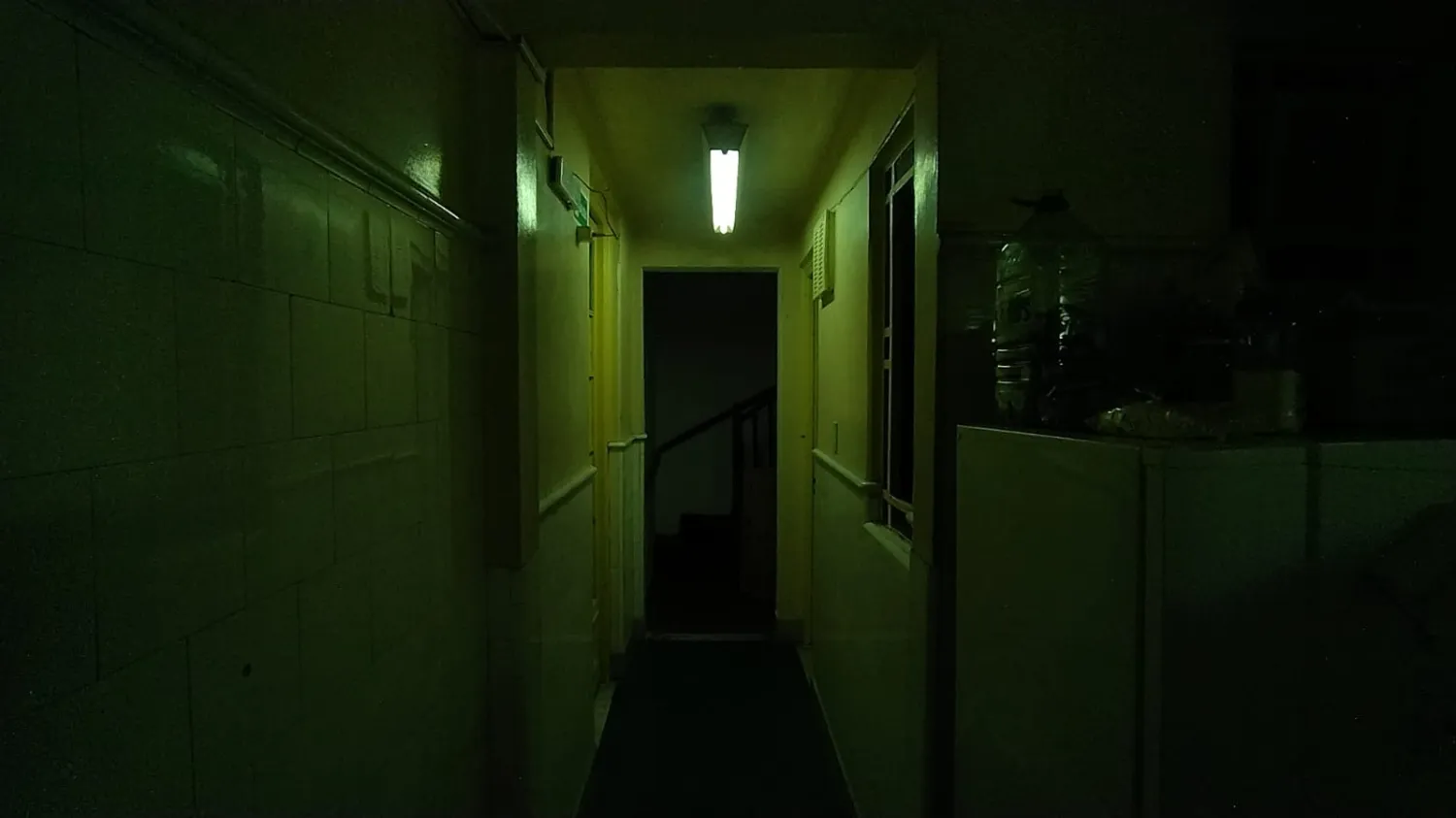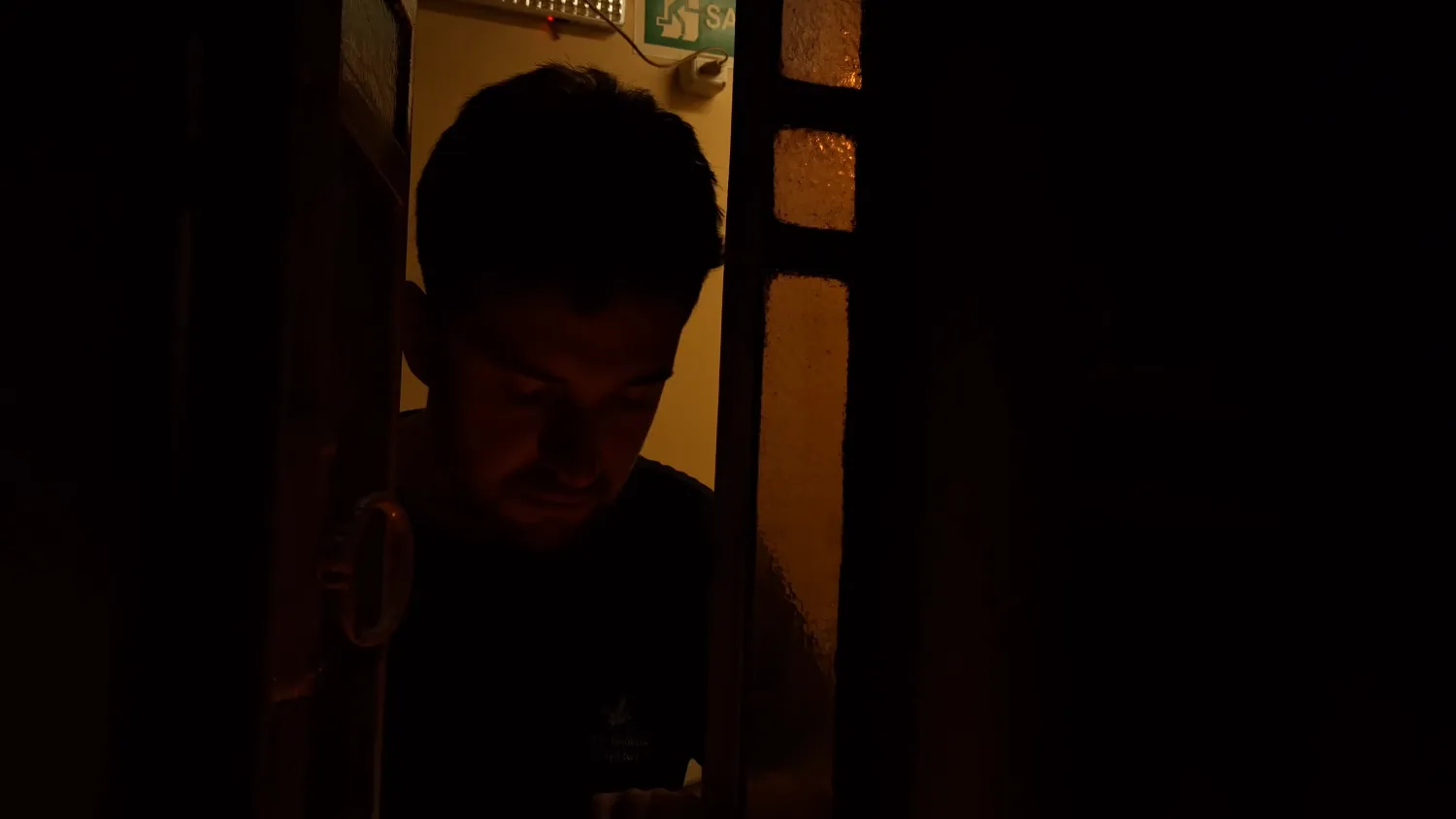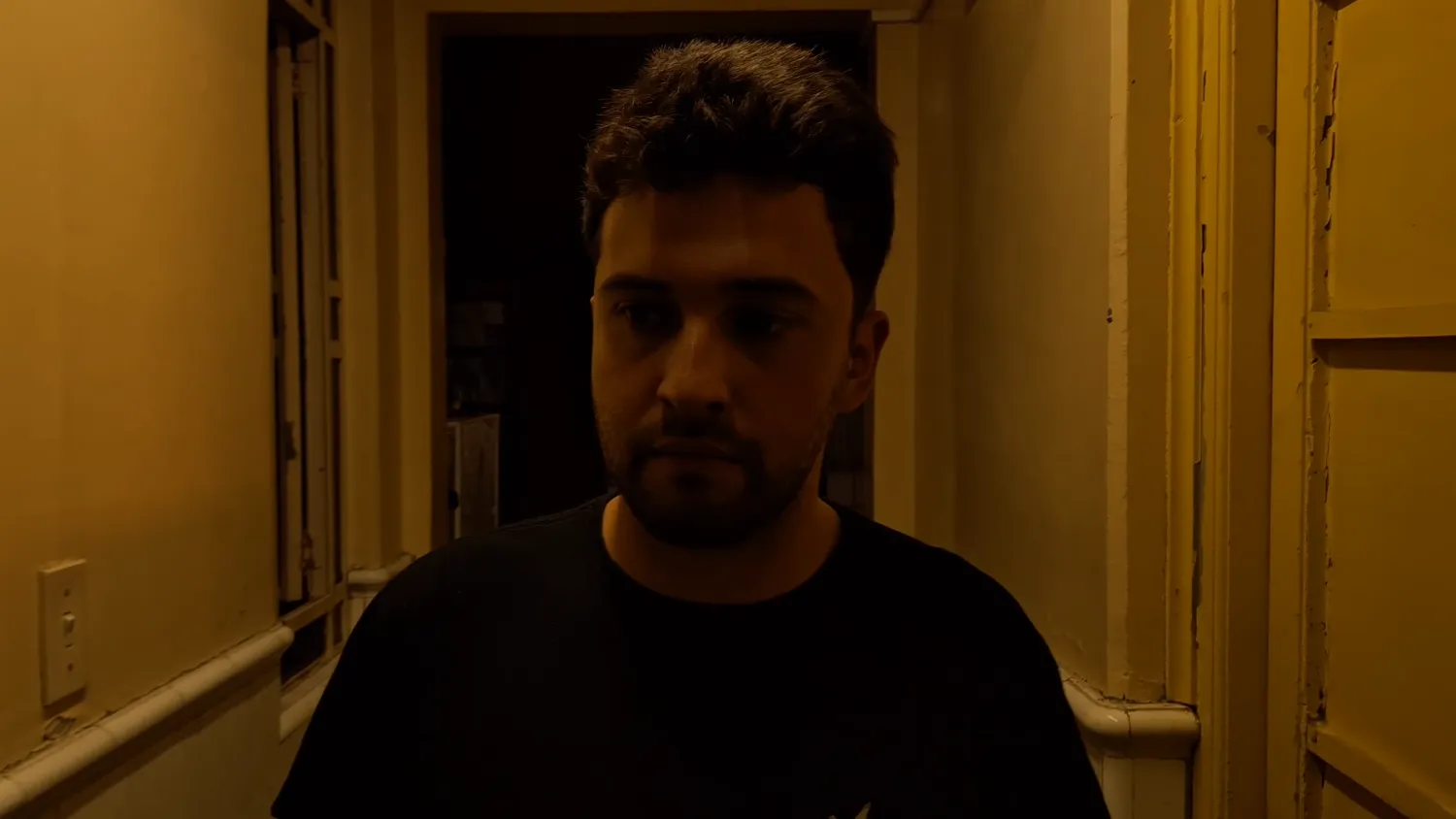Cristian Daniel is an Uruguayan filmmaker born in San José de Mayo, currently pursuing a degree in Communication at the Faculty of Information and Communication of the University of the Republic (UdelaR). His creepy short PARASOMNIA, shot entirely on a smartphone, impressed the judges in the Future Format category in the previous edition of the Sony Future Filmmaker Awards.
In our latest interview, we chat with Cristian about his journey into filmmaking, the creative process behind PARASOMNIA, the benefits - and the challenges - of shooting with a smartphone.

Can you tell us a little bit about yourself and what inspired you to become a filmmaker?
I have always tried to evade reality through video games, home videos with old cameras since I was a child, and by creating fantasy worlds in my mind. I started university in 2022, studying communication oriented towards audiovisual media, and there I became passionate about the world of cinema, inspired by great thinkers, theorists, and filmmakers who critically examined the seventh art. I embraced the idea of becoming a filmmaker and trying to bring my own ideas to life in a tangible way once and for all.
What is PARASOMNIA about, in your own words? What would you like the viewer to take away from it?
PARASOMNIA aims to depict, in some way, any sleep disorder that becomes terrifying for those who suffer from it. That transition from sleep to wakefulness, perhaps that light sleep that makes you believe you are already awake but is still part of a dream. Or maybe being awake and wishing you were dreaming to erase that pile of clothes on the chair that looks like a monster, or that mysterious figure in the hallway watching you from a distance. Any viewer could have their own parasomnia, to the point of not wanting to sleep again.
Can you share some insights into the behind-the-scenes process of making your independent short film? How did you approach collaborating with your peers throughout the project?
The process was very spontaneous, actually. An idea popped into my head out of nowhere; I took four people who were around me and said, 'Come with me, I need to film something.' They helped shape it, adding and removing ideas, contributing their own. It wasn’t scripted at all. It’s probably the most fun I’ll ever have filming because it was completely unpretentious. Maybe the idea truly took form in the editing. It was like throwing paint randomly on a canvas and getting lucky.

What is your favorite scene in the movie and why?
My favorite scene is the long take from the beginning up until the ghost appears in the hallway. It’s a smooth movement that shifts from third to first person, where the camera advances against your will toward something terrifying that you can’t avoid seeing because the hallway fills the entire frame. And then, the ghost disappears, moving her hair. I love it because it terrifies me.
Can you share a memorable moment from the production of PARASOMNIA?
A funny moment, actually, was that there wasn’t originally going to be a ghost at the end of the hallway. In fact, it was one of the people who offered to help me turn off the light when I gave the signal. So I said, “cut,” and she peeked out and asked, “Is it done?” Then I said, “God, stay there because you look terrifying.” So we recorded another take with her peeking out.
PARASOMNIA was shot exclusively on a smartphone. What are some of the unique challenges you encountered and how did you overcome them?
Actually, it was easy because I didn’t need a gimbal, but autofocus was a challenge, since even in manual mode, it made slight adjustments that you can actually notice in the short film. Besides that, the small space made quick movements easier. I didn’t care too much about image quality.

Who is your biggest inspiration?
My greatest inspiration was David F. Sandberg, the filmmaker behind Lights Out. He made me experience fear from a young age; I watched all of his short films and realized that what he had at home was enough to create fear. Just with sounds and some good editing, you can create a story without needing millions of dollars. For a Latin American, having this reference is invaluable.
What's the best piece of career advice you've ever received?
The best professional advice I took was from Tarantino: 'Trying to make a feature film on your own without money is the best film school you can have.' Learning by experimenting, without the comfort of resources, forces you to solve things with even more creativity, and it’s definitely a solid foundation to start from.
What are you currently working on?
We're working on a new short film, also very experimental, but this time with a prepared script and a more professional camera. It has a psychological focus and, perhaps, a hint of fear as well. I will definitely try to submit it to the Sony Future Filmmaker Awards.
Sony Future Filmmaker Awards 2025
The 2025 edition of the Sony Future Filmmaker Awards closes on 12 December 2024. Don't miss a fantastic opportunity open to filmmakers worldwide. Enter your short films for free to win an immersive experience at the Sony Pictures Studios in Culver City. Flights and accommodation to Los Angeles included.
